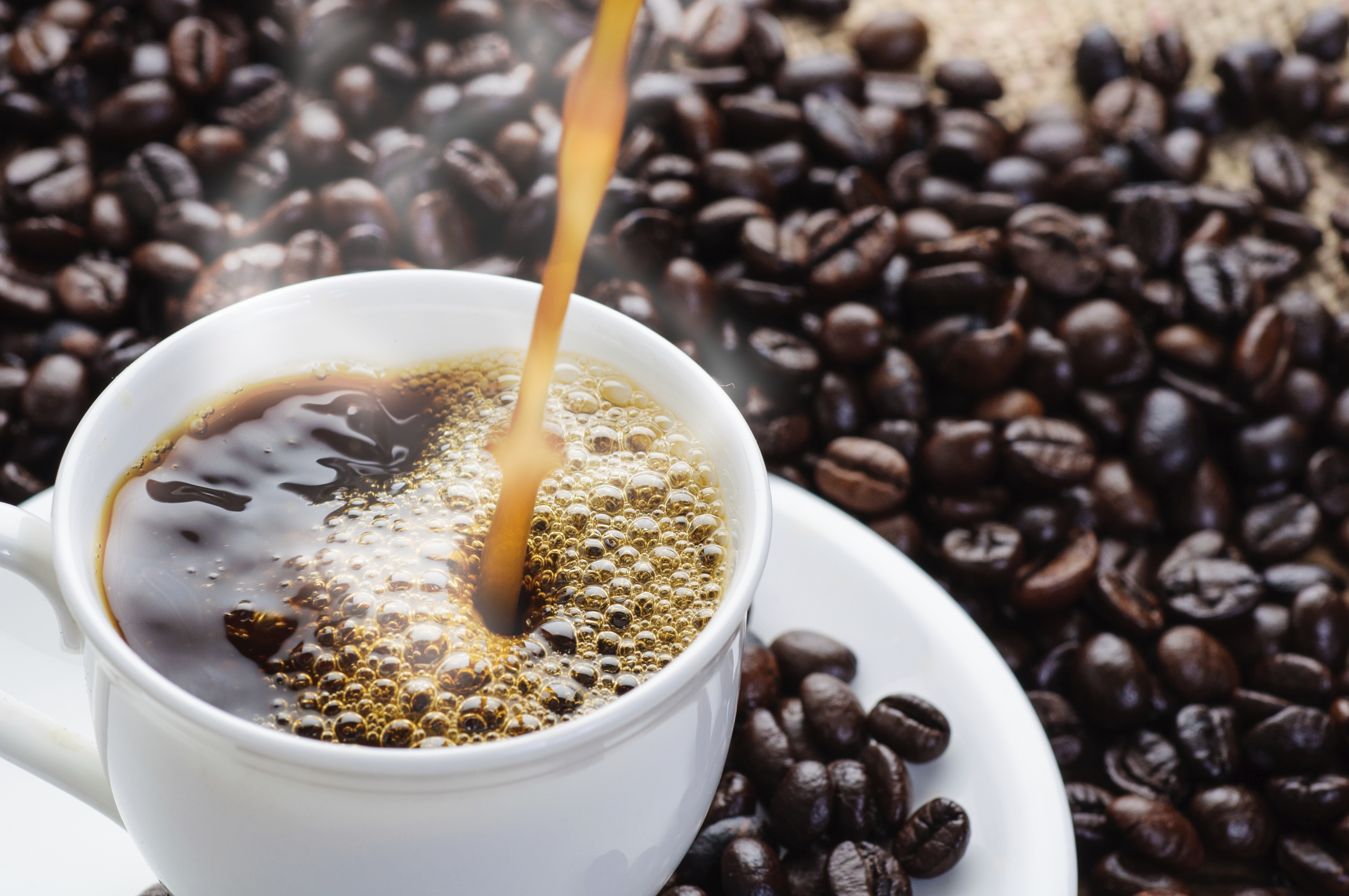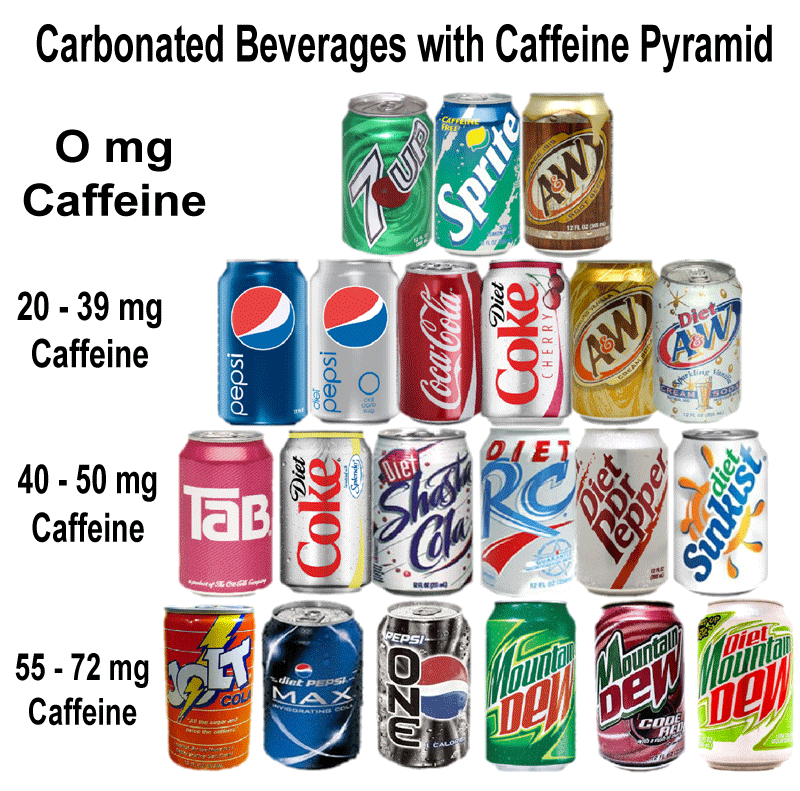

If drinking caffeinated drinks makes you feel more stressed or anxious, consider switching to decaf. While this may be an upside for some people, those with anxiety often find that caffeine worsens symptoms like jitteriness, restlessness, and nervousness.
You're stressed or anxious: Caffeine 17 is a nervous system stimulant, meaning it increases levels of certain chemicals in your brain that make you feel more alert and energized. If you find that you're sensitive to coffee and other caffeinated beverages, decaf may be a better option. Caffeine sensitivity 16 has to do with genetics, which is why some people feel jittery and anxious after consuming a cup or two of coffee, while others can drink an espresso right before bed and immediately fall asleep. You're sensitive to caffeine: Some people are more sensitive to the effects of caffeine than others. If you have a bladder condition, your health care provider can help you narrow down potential dietary triggers and recommend a safe alternative to caffeinated coffee. However, people with certain bladder conditions like interstitial cystitis (IC) may also experience symptoms from drinking decaf coffee. In some cases, decaf coffee may be a helpful alternative to caffeinated coffee for people with health conditions that affect their bladder. Health care providers often suggest that people with these health conditions limit or avoid caffeinated beverages to help reduce their symptoms. You have a bladder issue: Caffeine is considered a bladder irritant and may worsen symptoms of bladder conditions like urinary tract infections and overactive bladder (OA) 15. If you think that your coffee intake may be affecting your sleep, give decaf a try. A small 2013 study published in the Journal of Clinical Sleep Medicine found that consuming 400 mg of caffeine-which equates to around four cups of coffee-six hours before bed more than doubled the time it took for participants to fall asleep 14 and reduced total sleep time by one hour compared to a placebo. Avoiding coffee before bed can help, but people who are sensitive to caffeine may experience sleep issues even when they consume caffeine earlier in the day thanks to its long half-life. 
You have trouble sleeping: Caffeine helps you stay awake, which is why many people depend on coffee to get them through night shifts or marathon study sessions.View more food groups with the nutrient ranking tool, or see ratios with the nutrient ratio tool. Want to set your own targets? Sign up for an account and set custom targets in the daily meal planner. See the Guide to Recommended Daily Intakes for more information. The RDI for amino acids is set by the U.N. Reference Dietary Intake (%RDI) -The reference dietary intake is similar to the recommended daily allowance, and is specific to age and gender.In short, the number is less accurate than the RDI.

It represents a number to ensure adequacy but lacks the same level of evidence as the Reference Dietary Intake. The Adequate Intake is also set by the U.S. Adequate Intake (%AI) - Sets a target for Omega 3 and Omega 6 fats.The RDA is set by the US National Instutites of Health. Recommended Dietary Allowance (%RDA) - The RDA sets an average daily dietary intake level that is sufficient to meet the nutrient requirements of nearly all (97.5 percent) healthy individuals and is specific to age and gender.and is the target on the nutrition labels of most products. Daily Value (%DV) - The %DV is a general guideline for everyone and accounts for absorption factors.Some of the most popular targets include:

Setting targets can provide a guide to healthy eating.







 0 kommentar(er)
0 kommentar(er)
